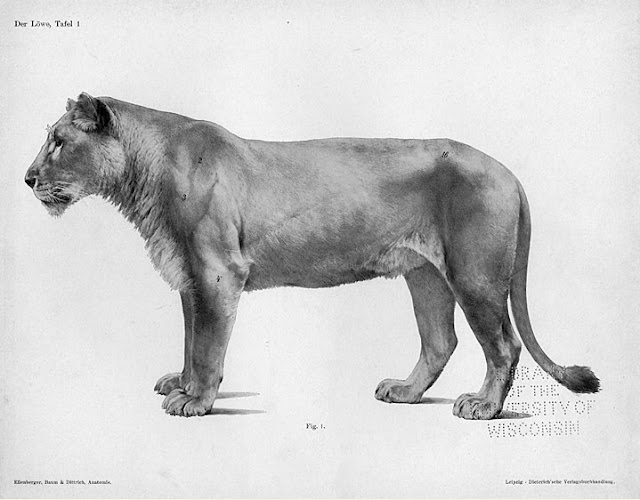Page of an herbarium by Abigail Bainbridge.
*
Henri de Toulouse-Lautrec, Le Lit (The Bed), 1893.
*
In fairy tales, form is your function and function is your form. If you don’t spin the straw into gold or inherit the kingdom or devour all the oxen or find the flour or get the professorship, you drop out of the fairy tale, and fall over its edge into an endless, blank forest where there is no other function for you, no alternative career. The future for the sons who don’t inherit the kingdom is vanishment. What happens when your skills are no longer needed for the sake of the fairy tale? A great gust comes and carries you away.
Sabrina Orah Mark, "Fuck the Bread. The Bread is Over." The Paris Review, 5/7/2020.
*
Lockdown has made me aware of something I barely noticed before: the many opportunities that my old life provided for escape. More specifically, the almost gracious way that society was set up to allow me, and many others, to slip from one role into another and another as the day rolled by. This flow strikes me as distinctively modern. And it is gone now, temporarily. The heterogenous, compartmentalized life of before is replaced with a life where your Main Thing is now your Only Thing. At moments it’s fascinating to live this way, but there’s also a sting. It’s the sting of being unable to take turns carrying each other’s burdens.
Katherine Sharpe, "Billionaires of Time." n + 1, 5/11/2020.
‘Isn’t this grief?’ I’m asked. Perhaps. So what? We are so accustomed to contrasting sentiment with reason that we have forgotten that emotion can sharpen our vision, opening us to otherwise overlooked evidence on which reason can act. When serene, I threw about the benefit of the doubt as a gift to all. Now I see it is a currency with which our leaders will buy first-class tickets off the hook.
Stephen Methven, "Staying Angry." London Review of Books Blog, 4/16/2020.
*
Viruses are prodigious catalysts of evolution. By shuttling genetic material between organisms they generate evolutionary novelty and have even made possible some of our deepest intimacies: as placental mammals we depend on genes acquired from viruses to develop within our mothers. Viruses enter their hosts and must suspend their immune systems; developing mammals are faced with a similar challenge. In the absence of these viral genes, it wouldn’t be possible for embryos to share bodily space with their mother without being rejected as an other, a non-self. I can’t stop thinking about this. Our parental care, our social bonding, our need for closeness—all have their roots in a viral infection. I hope that the current period of cultural evolution catalyzed by a virus can draw us towards a state of greater care, bondedness, and consideration—both towards other humans, and towards the more-than-humans with whom we share the planet. Of course, it could do quite the opposite.
Merlin Sheldrake in conversation with Robert MacFarlane at LitHub, 5/12/2020.
*
New favorite online timewaster: Gotta Eat the Plums! (Discovered thanks to Nadia.)
*
Dolphins swimming in a bioluminescent sea (found thanks to Ashley).
*
Best sweatshirt.
*
How to make ice cream in a Mason jar. And a recipe for this particular green soup.
*
Every choice is a refusal. For Christ’s sake
I am guarding the walls. Like punctuation,
it could make all the difference.
Karen Solie, from "A Hermit." The Paris Review, Issue 218, Fall 2016.




















